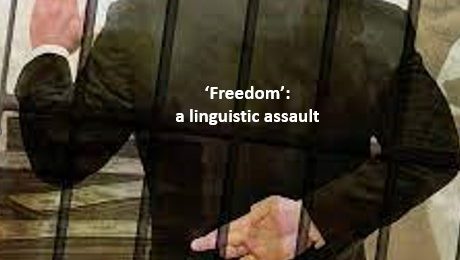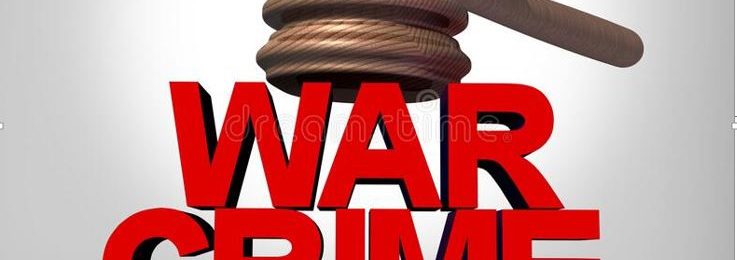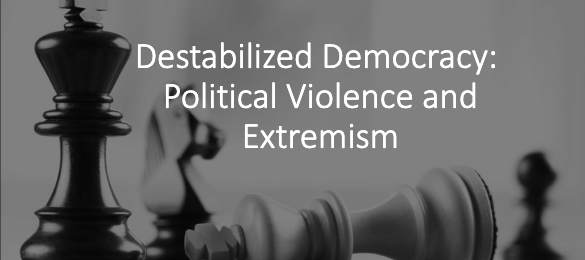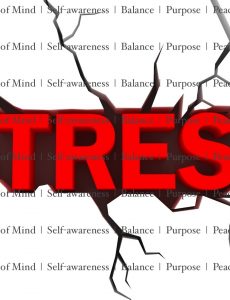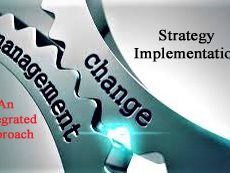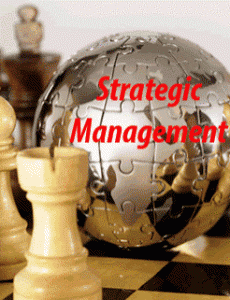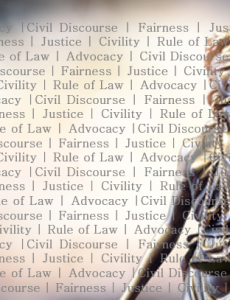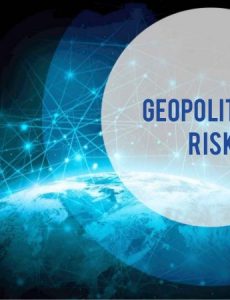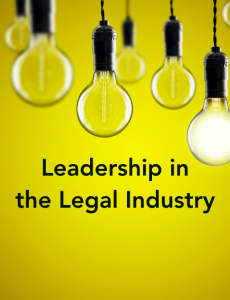
The Science of Leadership: the Legal Industry and an Integrated Approach to Modern Organizational Leadership
Leadership is vital to making sense of the rapidly changing business environment that organizations find themselves in today. Business sectors across the world – including the legal industry – are experiencing accelerated disruptions and unprecedented strategic challenges as a result of new technologies, digitalization,[1] new entrants and business models, globalization, intensifying competition and an unpredictable…
